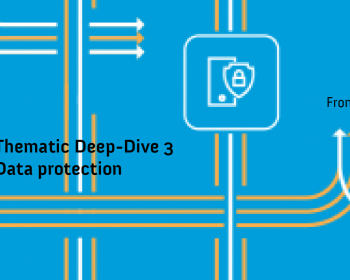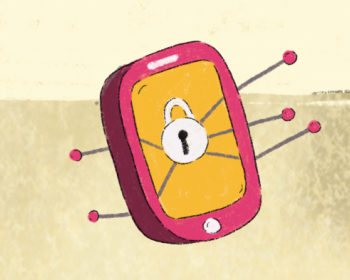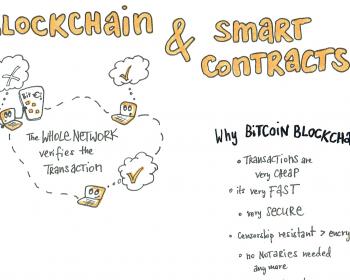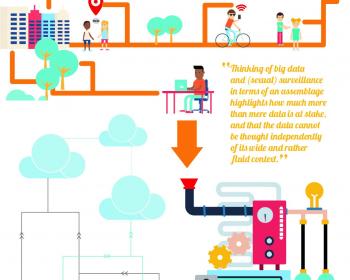anonymity
APC believes that a feminist approach to data and datafication examines the nature of data and constantly resists disembodiment of data. It is centred on the understanding that the consequences of data and datafication are embodied, with individuals and communities facing those consequences.
In the lead-up to the first ever annual Global Encryption Day this 21 October, APC's global policy advocacy coordinator, Verónica Ferrari, offers an overview of the different ways in which encryption plays a crucial role in ensuring the protection of a range of human rights.
A new resolution on privacy in the digital age adopted at the UN General Assembly reaffirms the fundamental importance of the right to privacy and renews international commitment to ending all abuses and violations of this vital right worldwide.
In May 2020, a Twitter profile called Sleeping Giants Brazil emerged and started to publicly call for advertising companies to acknowledge their responsibility in the fight against so-called "fake news", pressuring them not to finance channels that propagate this type of content.
Maybe you have heard about blockchain. Blockchain is about trust, online trust. And it might soon shatter the very foundations of how things are done on the internet. I believe that if you are in the field of online social justice and rights, you have to start thinking about how to use this technology and its potential applications.
This paper highlights the gendered and racialised effects of data practices; outlines the overlapping nature of state, commercial and peer surveillance; and maps the challenges and opportunities women and queers encounter on the nexus between data, surveillance, gender and sexuality.
APC has joined 26 NGOs in welcoming the report of UN Special Rapporteur on freedom of opinion and expression on the use of encryption and anonymity in digital communication, which was presented to the Human Rights Council today.
APC has joined 26 NGOs in welcoming the report of the UN Special Rapporteur on freedom of opinion and expression on the use of encryption and anonymity in digital communication, which was presented to the Human Rights Council.
APC urges UN Special Rapporteur David Kaye to reaffirm the freedom to use encryption technology and communicate anonymously.
APC has developed this submission in response to the request for input by the UN Special Rapporteur on racism, racial discrimination, xenophobia, and related intolerance, in his research into “the appropriate balance between the protection of freedom of opinion and expression and the control of racist and xenophobic content and incitement to violence through the internet.” Drawing on Artic...









